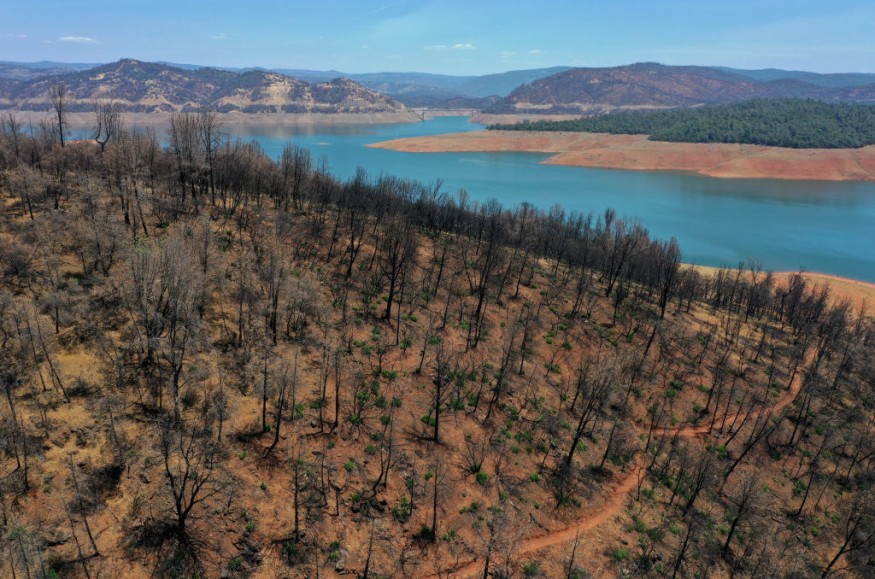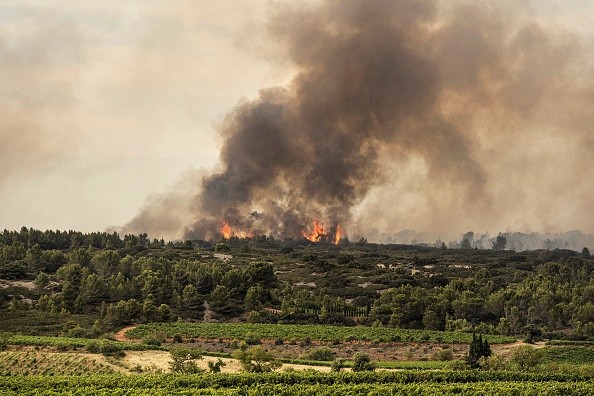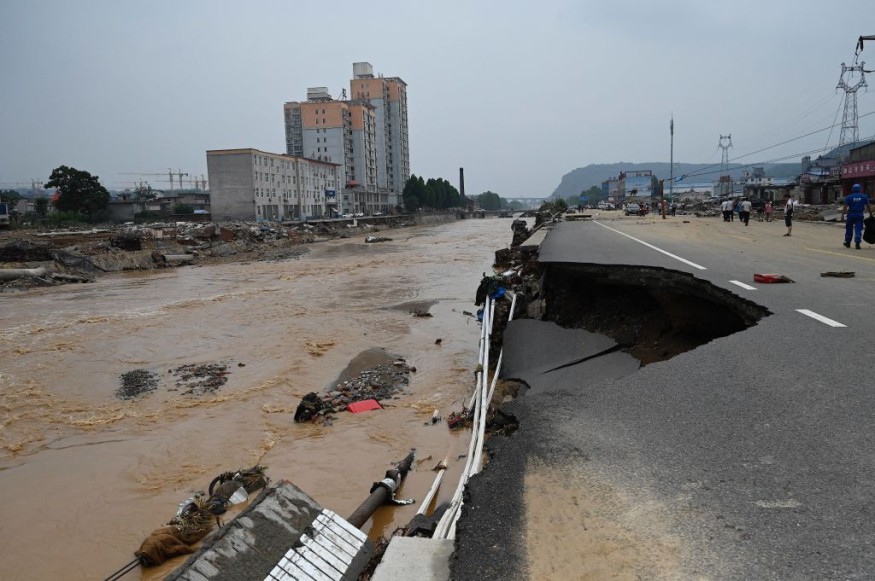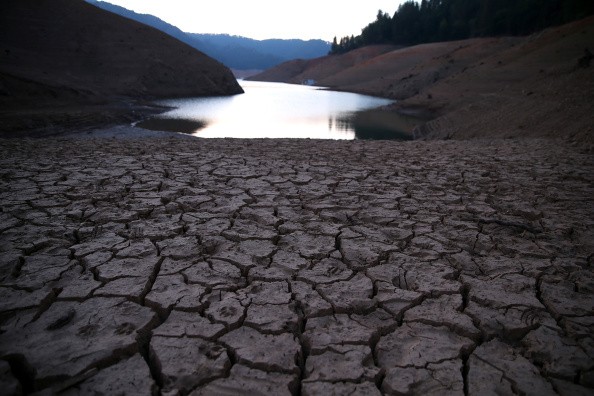A new UN climate study issued on Monday morning details how climate change is already inflicting havoc throughout the globe, warning that any more warming would only fuel more catastrophic disasters.
According to a summary of the report's conclusions for policymakers, "it is unambiguous that human impact has warmed the atmosphere, ocean, and land."
Furthermore, "Human-caused climate change is already having an impact on numerous weather and climatic extremes throughout the world."
The widely anticipated study is part of the UN's Intergovernmental Panel on Climate Change's sixth climate assessment, which gives the most complete scientific review of the climate problem thus far and an estimate of how terrible it may yet become.

The most recent report differs from earlier editions in that it explicitly states the source of the climate crisis: human-caused climate pollution.
The research warns that unless people reduce their carbon dioxide emissions, methane, and other greenhouse gases, killer heat waves, torrential rains, droughts, and other calamities would become more extreme and frequent.
Massive Global Collaboration
Hundreds of scientists from across the world contributed to the report's central conclusions, summarized in the policymaker summary. Two additional studies will be released in the next year and a half: one on who is most vulnerable to continued climate consequences and how to best prepare for them, and another on how to avoid further warming.

On a Sunday press call, Ko Barrett, IPCC vice-chair and senior advisor for climate at the US National Oceanic and Atmospheric Administration stated that the assertion that human activity is clearly to blame is "the strongest statement the IPCC has ever made."
The conclusions of the new research are expected to increase the pressure on world leaders, who will gather in Glasgow in November as part of their continued involvement in the Paris climate accord.
Collaborative Action

According to the research, if countries worldwide band together and cut their greenhouse gas emissions to net-zero by 2050 - the declared aim of the Paris climate accord - global temperature increase and inevitable other climate consequences may be slowed and even reversed.
On the press call, Kim Cobb, another study writer and a climate expert at Georgia Tech, warned that if significant action is taken now, "These next two decades of warming may be some of our last. That, to me, is the most essential thing to remember here."
Disaster After Disaster

The summer has been a succession of misfortunes. Hundreds of people died in the Pacific Northwest and Canada as a result of a world-record-breaking heat wave. Flooding in Germany claimed the lives of over 100 people and left hundreds more missing.
Flooding in China has forced tens of thousands of people to flee their homes. Meanwhile, flames continue to rage throughout the world, from California to Greece to Siberia.
And, if people do not cease releasing greenhouse gases into the atmosphere, things will get far worse.
According to the summary study, "changes in extremes continue to get bigger with each successive increment of global warming."
For example, extreme heat events, such as heat waves that happened once per ten years on average in a world without human-caused climate change, are now expected to happen 2.8 times every decade.
For more environmental news, don't forget to follow Nature World News!
© 2025 NatureWorldNews.com All rights reserved. Do not reproduce without permission.





